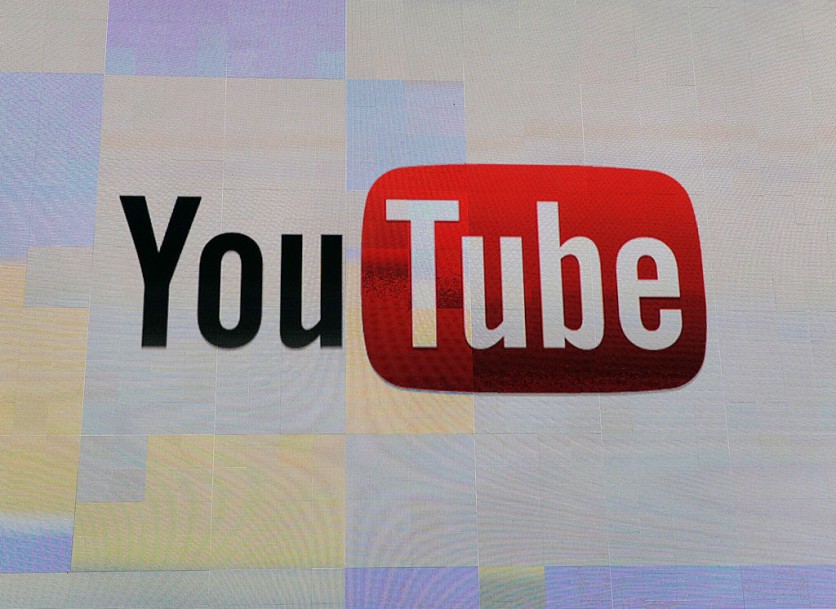Users will now see expertly-created content when searching for YouTube videos during healthcare emergencies as YouTube launches its First Aid Information Shelves feature, as reported by CNBC.
YouTube states that the newest feature will work by having it considerably simpler to locate explainer films for emergency treatment and basic first aid by having content produced by reputable health organizations pinned to the top of search results for a range of urgent health subjects, such as CPR, choking/Heimlich, bleeding, heart attack, stroke, seizure, and opioid overdose.

Most of these expertly-produced content will be 1 - 2 minutes long, following a simple-to-follow structure that are intended to help users rapidly access reliable and useful first aid information without having to read or listen to complicated instructions, such as how to treat someone who is overdosing, how to stop bleeding, or how to conduct CPR, as explained by Tech Crunch.
Medical specialists from the Mass General Brigham as well as organizations like the Mexican Red Cross and the American Heart Association are said to have produced these films. According to reports, YouTube's global head of public health and health care, Garth Graham said that YouTube did not have any role in the content's creation.
First Aid Information Shelves' Future
This new initiative by YouTube is reportedly a move that CNBC describes as a way for the giant video-sharing application to combat medical misinformation in its platform. Mashable adds that YouTube's First Aid Information Shelves feature will work in conjunction with YouTube's other features against medical misinformation such as health labels and crisis resource panels.
CNBC reports that these content will first be available in the English and Spanish language but YouTube is planning to make the feature available to different countries and languages. Mashable reports YouTube could use its new AI dubbing tool Aloud for the feature's expansion.
Graham reportedly added that the videos will have no advertisements, meaning YouTube will not be able to profit off of the videos.
YouTube Against Medical Misinformation
Aside from medical emergencies, Tech Crunch states that YouTube also has guardrails placed against videos spreading misinformation about vaccines, as well as videos that discouraged people to seek professional medical attention or that promoted "harmful or ineffective" cancer treatments. The platform also stated that it would begin to take down videos that were deemed unsafe and that contained false information about abortion in 2022.
Despite these efforts, CNBC reports that a study that was published in the Journal of Clinical Sleep Medicine revealed that popular YouTube videos about insomnia and sleep include both commercial bias and false material. On the site, false information about medicine is still often shared.
In August, YouTube unveiled a new strategy to tackle medical misinformation. It outlined how video on topics including cancer, Covid, and reproductive health will be removed from the platform if it defies established guidelines from health professionals.

ⓒ 2025 TECHTIMES.com All rights reserved. Do not reproduce without permission.




